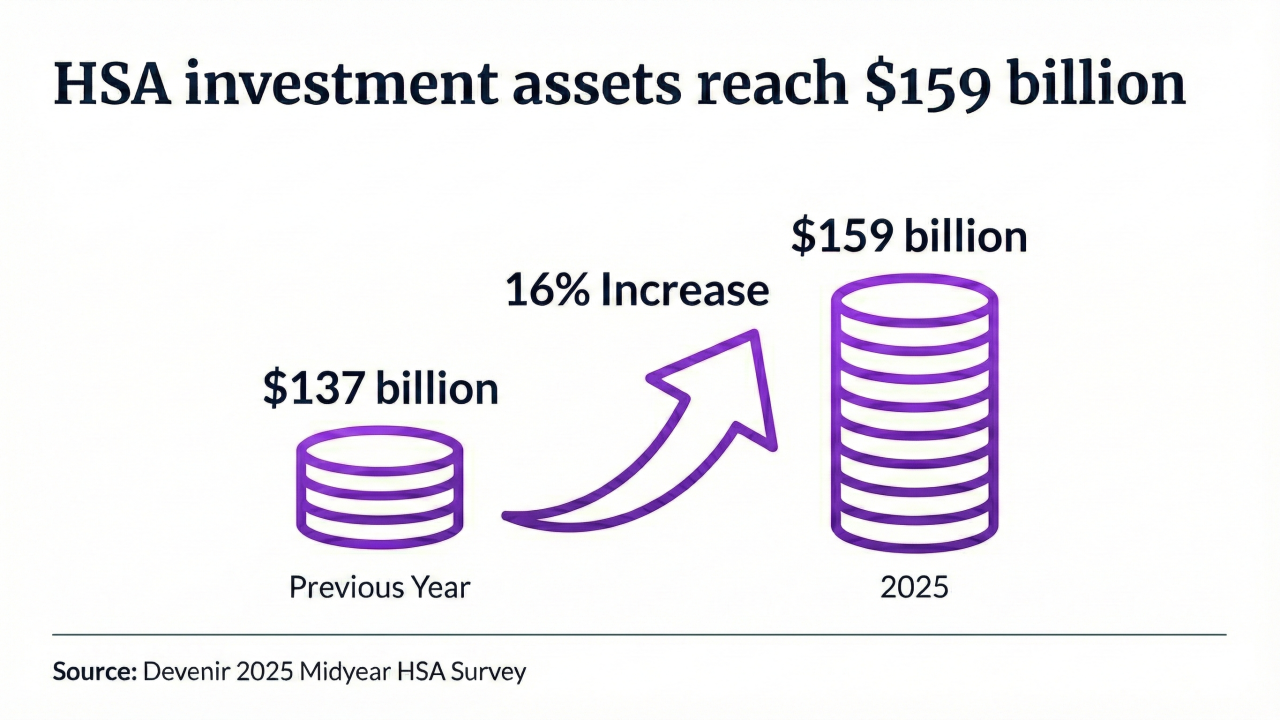Postmates is rolling out a new suite of benefits for its nearly 350,000 gig workers.
In October, the courier service will begin offering these employees free occupational accident insurance, new healthcare options, as well as access to free online college courses and professional certifications.
"These new benefits are just the beginning," says Bastian Lehmann, co-founder and CEO of Postmates, in a statement this week. "But we won't be satisfied until all Postmates — and all gig workers across the sector — have the protections and opportunities they deserve. We're going to keep working with our fleet members, other companies, labor unions and policymakers to make that bigger, bolder deal for gig workers a reality. This journey starts now."
See also:
Under the new benefits, couriers will receive accident insurance that covers up to $1 million of coverage for medical expenses incurred from a covered injury sustained on active delivery. The insurance will cover temporary and total disability payments, as well as death and survivor benefits stemming from an accident. The company is also working to expand employee access to physicians, disability and life insurance, and discounted prescription medications.
In addition to the new accident plan, the company will provide workers with free in-person job accelerator programs in San Francisco and Los Angeles via employment agency JVS SoCal. The program is intended to help gig employees, who typically work between three to five hours a week for the company, find full-time employment. Postmates will expand this program to workers in the Chicago, Miami and New York markets later this year. The company is also offering free access to seven online courses on subjects including the programming language SQL, project management certifications, language and cybersecurity training.
The number of contract workers in the U.S. is growing. The Bureau of Labor Statistics says about 10.6 million workers cite contract work as their primary source of income.
See also:
Employers have debated the best way to provide benefits, if at all, to this group of employees. Some have floated the idea of
There are also a number of providers that have begun to bring these benefits to employers. For example,
Vikrum Aiyer, vice president of public policy and strategic communications at Postmates says there are steps the industry can take to “elevate the standards of the gig economy” and provide workers with protections and benefits.
"In the modern gig-economy where workers exercise unprecedented autonomy to decide if, when, for how long and for whom they work,” Aiyer says. “It is incumbent on tech, labor, workers' rights groups and government to forge a new social compact that provides flexible app workers with appropriate work injury protections, healthcare, and civil rights.”






